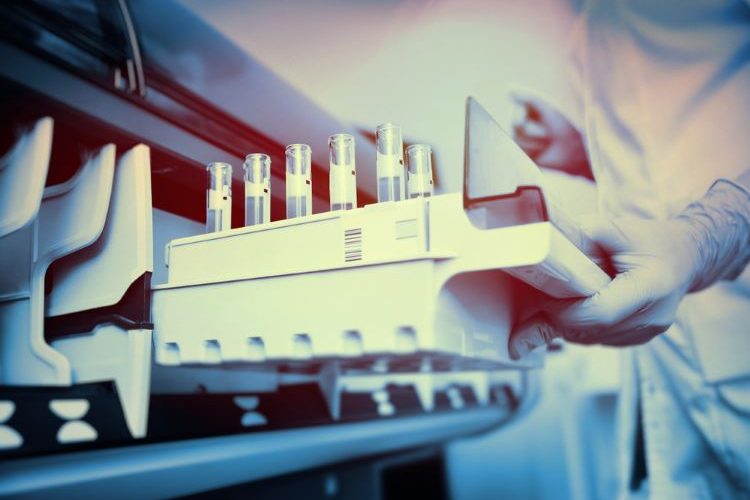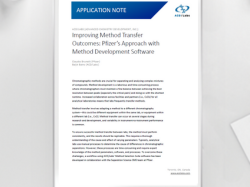Digitalisation propelling automated microbiology market growth to 2033
Posted: 15 October 2024 | Catherine Eckford (European Pharmaceutical Review) | No comments yet
Increased adoption of artificial intelligence (AI) and machine learning (ML) in microbiology is set to be a key driver of the global automated microbiology market to 2033, research asserts.


A report by MarketResearch.biz predicts that the global automated microbiology market will reach $16.2 billion by 2033. This sector will secure a CAGR of 9.3 percent between 2024 and 2033, the research, the research forecast.
The global automated microbiology market is projected to experience “substantial growth” in 2024, driven by technological advancements and the increasing demand for efficient and accurate microbial testing.
Growth factors for the automated microbiology market
Growing use of artificial intelligence (AI) and machine learning in microbiology is a “significant” trend for the market in 2024, the report asserted. For example, automated microbiology systems are helping to drive innovation and expansion of the market.
A key opportunity for growth in the market is the integration of AI and machine learning in diagnostic processes, which provide opportunities for enhanced accuracy and speed in microbial identification, the author added.
Furthermore, the author shared that “innovations such as MALDI-TOF mass spectrometry and fully automated laboratory equipment services” are major contributors to this market.
Alongside advances in technology, such as automated microbiology systems, the market is also benefitting from the growing incidence of infectious diseases and demand for advanced diagnostics for managing these outbreaks.
A skills shortage is a “significant” issue facing the [automated microbiology market]”
North America dominated the market in 2023, with a 38 percent share. Yet Europe holds a significant share of this segment, driven by strict regulation as well as investment in laboratory automation, according to the author.
While reagents are a vital asset in microbiological testing, the research showed that this segment holds a smaller market share compared to instruments, “due to the capital investment and technological advancement” that propel the instruments segment.
Obstacles to growth
A skills shortage is a “significant” issue facing the market, which is also hindering widespread adoption. The report emphasised the importance of giving operators sufficient education and/or training to overcome this issue and “ensure sustainable market growth”.
Another factor hindering expansion of the automated microbiology market are the high investment costs associated with integration and maintaining these systems, as this can limit adoption by the industry, the author wrote.
The report noted that key players in the automated microbiology market include Agilent Technologies, Inc., Abbott Laboratories and bioMeriux, Inc,.
Related topics
Analytical techniques, Artificial Intelligence, Clinical Development, Data Analysis, Drug Markets, Drug Safety, Industry Insight, Lab Automation, Lab Equipment, Microbial Detection, Microbiology, QA/QC, Regulation & Legislation, Technology, Therapeutics









